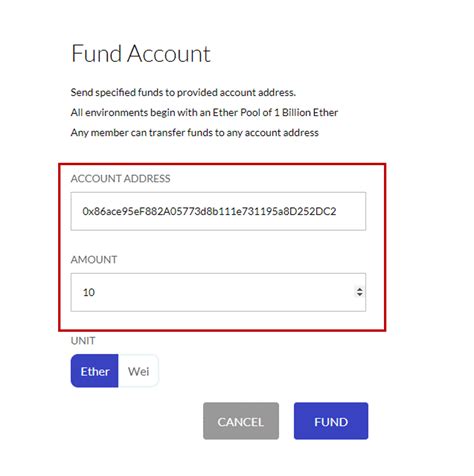Generating Wallet Files for Ethereum: A Guide
When building a Bitcoin or other cryptocurrency-based project, it’s essential to manage user wallets securely and efficiently. One crucial aspect of this is generating wallet files that allow users to store their cryptocurrencies in a way that’s both secure and compatible with various clients.
In this article, we’ll delve into the process of creating wallet files for Ethereum, specifically focusing on Multibit (MB) and Armory wallets, as well as Bitcoin (BTC).
What are Wallet Files?
Wallet files are binary archives that contain the private keys and public addresses associated with a user’s Ethereum account or other digital asset. These files serve as a digital representation of the wallet and can be used to restore an account in case it has been lost, stolen, or compromised.
Generating Wallet Files for Multibit (MB) Wallets
Multibit wallets support multiple cryptocurrencies, including Bitcoin, Ethereum, Litecoin, and more. To generate wallet files for MB, you’ll need to follow these steps:
- Download the MB wallet software
: Visit the Multibit website ([www.multibit.net]( and download the latest version of their wallet client.
- Create a new wallet file: Launch the wallet software and select “New Wallet” or “Restore Wallet.” Choose a location to save your new wallet file and give it a name (e.g., “my_wallet”).
- Enter the private key

: You’ll be prompted to enter the private key for your Bitcoin account. This is usually generated during the setup process and can be found in the “Settings” section of the wallet.
- Import public addresses: Multibit supports importing various types of public addresses, including QR codes and text-based formats. For Ethereum, you’ll need to import a seed phrase or a mnemonic phrase (more on this later).
- Save your wallet file: Once all fields are populated, save the wallet file.
Generating Wallet Files for Armory Wallets
Armory is another popular Ethereum wallet that supports importing and exporting various types of public addresses. To generate wallet files for Armory:
- Download the Armory wallet software: Visit the Armory website ([www.armory.io]( and download the latest version of their wallet client.
- Create a new wallet file: Launch the wallet software and select “New Wallet” or “Restore Wallet.” Choose a location to save your new wallet file and give it a name (e.g., “my_wallet”).
- Enter the private key: As with Multibit, you’ll need to enter the private key for your Ethereum account.
- Import public addresses: Armory supports importing QR codes and text-based formats. For Ethereum, you can also import a seed phrase or mnemonic phrase (more on this later).
- Save your wallet file: Once all fields are populated, save the wallet file.
Generating Wallet Files for Bitcoin
Bitcoin is supported by many digital asset wallets, including Multibit and Armory. To generate wallet files for Bitcoin:
- Download the Bitcoin wallet software: Visit the Bitcoin website ([www.bitcoin.org]( and download the latest version of their wallet client.
- Create a new wallet file: Launch the wallet software and select “New Wallet” or “Restore Wallet.” Choose a location to save your new wallet file and give it a name (e.g., “my_wallet”).
- Enter the private key: You’ll need to enter the private key for your Bitcoin account.
- Save your wallet file: Once all fields are populated, save the wallet file.
Mnemonic Phrases
When importing public addresses or seed phrases, you may be prompted to enter a mnemonic phrase (more on this later). A mnemonic phrase is an array of words that helps you remember and generate private keys for your digital assets. To use a mnemonic phrase with Multibit and Armory wallets:
1.
